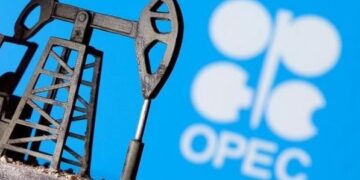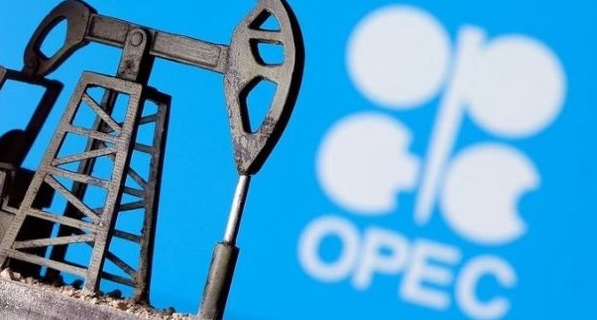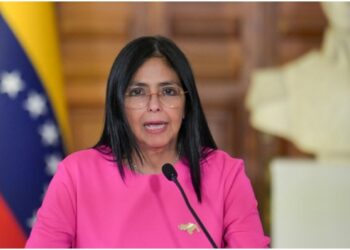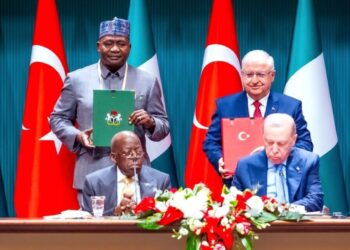Global oil markets are bracing for another production hike from OPEC+ this week, even as prices hover near pandemic lows around $60 a barrel. The move comes amid pressure from U.S. President Donald Trump and Saudi Arabia’s push to discipline members flouting the cartel’s quotas.
In a surprise shift, Saudi Arabia, Russia, and six other OPEC+ nations recently announced steep production increases for May and June, ignoring weak prices. The group, which includes 22 oil-dependent nations, has long restricted supply to prop up prices. But now, it appears to be flooding the market instead.
Two key meetings loom: a virtual OPEC+ gathering on Wednesday to discuss broader strategy, and a closed-door session on Sunday involving the “V8″—the eight members who made the deepest cuts in recent years. Analysts expect the V8 to approve another 411,000-barrel-per-day increase for July, far above the originally planned 137,000 barrels.
“The real focus is on the V8’s decision,” said UBS analyst Giovanni Staunovo, warning the move could push prices even lower.
The cartel claims the production surge reflects “healthy market fundamentals,” but sceptics point to sluggish global demand and Trump’s trade wars. Since late 2022, OPEC+ had withheld 2.2 million barrels daily to stabilize prices. But this year, the taps have opened wider—and faster.
The strategy also lets Saudi Arabia squeeze members violating quotas, cutting into their profits. Kazakhstan is the worst offender, with excess output linked to Chevron’s Tengiz oil project. Iraq and the UAE have also pumped beyond limits, but Riyadh is singling out Astana.
“Kazakhstan’s overproduction leaves Saudi Arabia no choice but to act, or lose credibility,” said analysts at DNB Carnegie.
Experts say Trump’s pressure is a key factor in OPEC+’s sudden shift. In January, the U.S. president publicly urged Saudi Arabia and allies to “bring down the cost of oil” to curb inflation. Though he stayed silent on the issue during a recent Gulf tour, analysts believe his influence lingers.
“You can’t ignore Trump’s role in this,” said Francis Perrin of IRIS.
Another wild card? U.S.-Iran nuclear talks. If a deal lifts sanctions, Tehran’s oil could flood the market, further depressing prices.
For Riyadh, rock-bottom prices pose a major challenge. The kingdom relies on oil revenue to fund its economic diversification plans, yet it risks alienating allies if it doesn’t enforce discipline.
“Saudi Arabia’s economy still runs on oil,” warned economist Carole Nakhle.



































